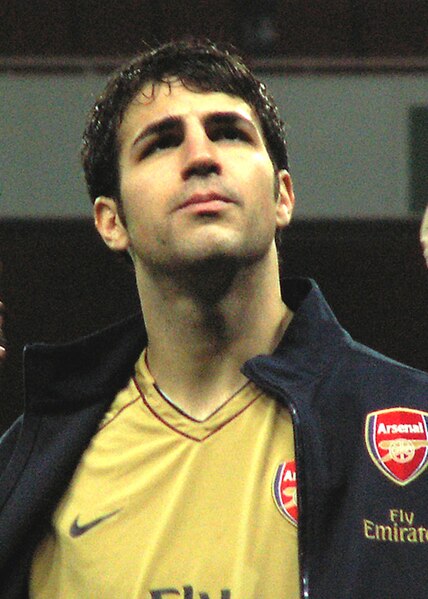I've got Leigh Blackall's retrospective screencast paused at the half way mark and I'm mulling over a few of his points. I've also been at a meeting together of the partner schools in my own system's Learning Technologies Project where we've been tossing around ways to ensure that what we've discovered in our documented journey over the last two years is able to used by DECS to ensure that learning enabled by technology is valued and integrated into the work that we do. I'll connect back to some of my thoughts about that meeting as I go and I'll add the preface that I'm thinking about Leigh's ideas and today's discussion from a very personal, what's-my-role-in-this-all point of view.
Leigh speaks about consciously avoiding using the institution's tools in order to take his learning and his network connections wherever he goes. His institution happens to be the University of Canberra, mine happens to be DECS but you could substitute any over-arching body that funds and directs your daily work in education. His first example is email and how being locked into the institution's email system compromises portability. People who use that system invest in it and when they move on, it is hard to take all of that built up digital history with them. The institution owns your email. The institution owns resources and initiatives developed by you whilst on their time or their domain. So, in a sense, my institution owns the professional me. But exactly how much? Where are the boundaries?
In the words of my principal, I am a user (of technology for learning!). When I go online and read blogs, leave comments, publish posts, respond in forums, create and share resources, I do so for my own learning first, and as an extension of my profession second. I want to be a better educator so naturally the lines between when I am doing something for my own personal betterment and when it can be beneficial for those who work alongside of me within my institution become somewhat hazy. I use tools that I sometimes bring back into my classroom. But I always start with the selfish premise of how can this tool / community / node / resource benefit me? In my mind, I strongly feel that this is my own stuff. My blog is my own content. My presentations that I develop for the audience reading here is my own content that I believe that I can share as I see fit. But it isn't totally clear cut. Because on that Slideshare account mixed in with my Blogging As Professional Learning and my OpenEducatorPLE, content created for an audience beyond my institution, are slideshows like iwb+literacy and my Blogging@School which were developed as part of my paid employment. Who owns what there?
I use GMail as a personal email account. I have an sa.edu.au account for school. Occasionally, I communicate with people about school related matters on my GMail. Does it matter? Is it a case of either an institution owning my email or a giant corporation?
And things get even blurrier when it comes to my students. When Leigh mentions students in his screencast, he is talking about adult learners for whom the barriers to use of free-ranging social media for learning are much lower. It makes perfect sense for them to want the portability of their own online spaces of their own choosing as they could (potentially) move between courses or even institutions. I work with primary school students. They have an email account for as long as they are students at my school. They leave - that account is retired and they no longer have access. We use Edublogs as a blogging platform and the process comes down to decisions that are grappled with at a local level as these blogs are hosted beyond the jurisdiction of the institution. The student leaves primary school and then what happens to the blog they have worked on for two years? I've tried to treat their blog to be their content as much as possible while still maintaining that duty of care via my role as administrator of all student blogs, through my moderation of comments and exerting of my teacherly authority in the maintenance of certain standards and purposes. So their ownership is not as pure as it would be in the higher education world. So my obligations handed down to me from my institution become a method for control of the use of an outside tool, even one hosted on the open web.
To wind this up (and you'll note that despite my promise in the first paragraph, I have not linked any of this back to today's meeting; that might the subject for another post) Leigh talks about operating as an autonomous independent from the institution. I concur, but it is not easy. We find that our ideals are constantly compromised by reality and that what I pursue as a private citizen is inevitably intertwined with my professional goals. It is hard to see where one ends and the other begins.






